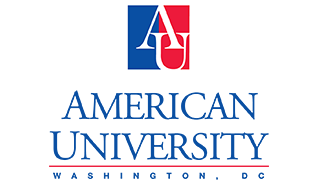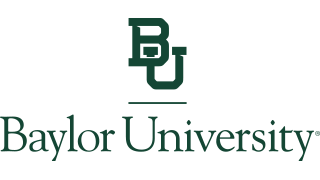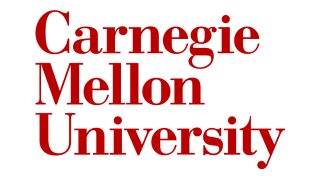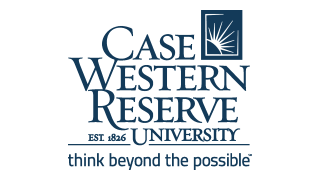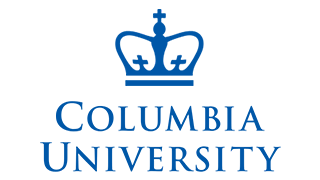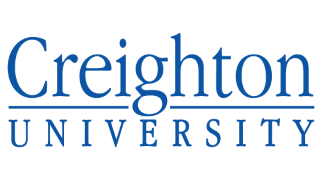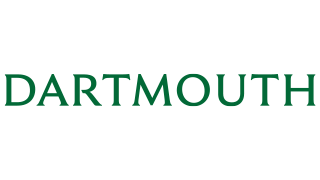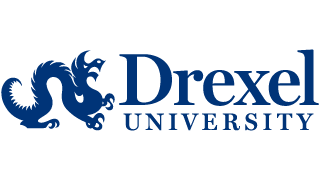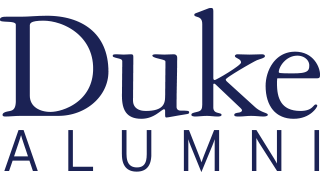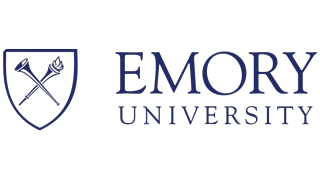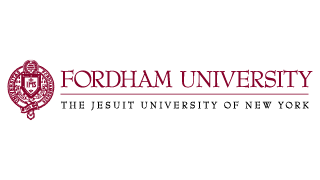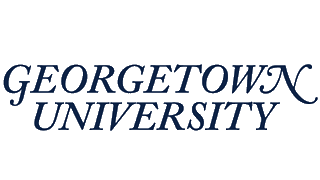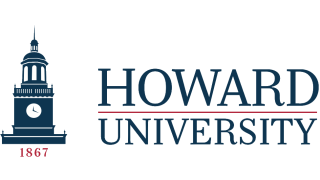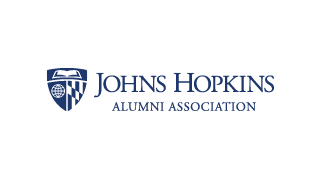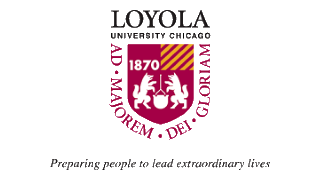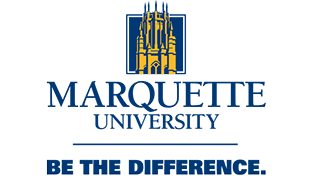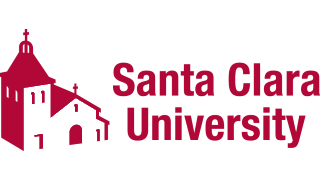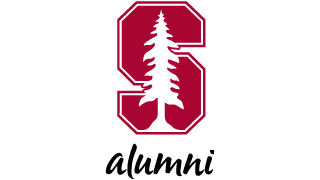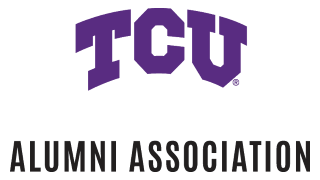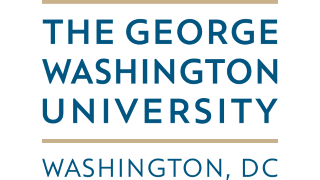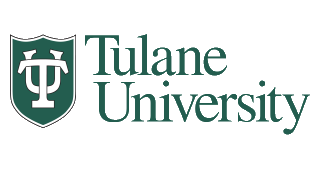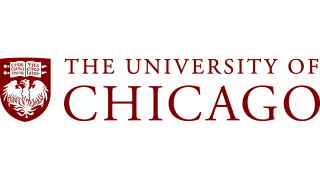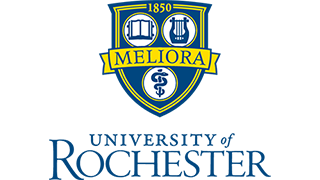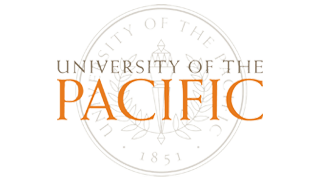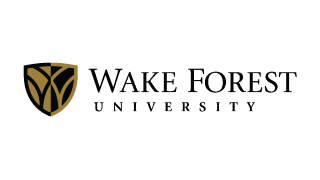Key Moments
In the evolution of PCUAD
In 1999, alumni directors from eight private colleges and universities in the United States and Canada began working together to devise a rating system to give them, their constituents, and their university leadership a more in-depth measurement and benchmarking system for alumni relations efforts.
For many years, the rate of annual giving by alumni to any given school in a single year had been the only way alumni relations efforts were judged. If annual giving is up, the alumni must be happy, and therefore alumni relations must be working.
But these founders felt that was only part of a bigger story. From 2000-2004, this small group began biannual meetings, organized purely through a sense of community and without formal structure.
Early participants included: University of Denver, TCU, SMU, Rice, Northeastern, Syracuse, Miami, Pepperdine, University of Rochester, Rochester Institute Of Technology, Villanova, George Washington, Carnegie Mellon, Washington University, Howard, Boston College, Tulane, Abilene Christian, and Case Western Reserve.
As part of these meetings, the beginning of a common benchmarking standard took shape under the name "Minimum National Standards" (MNS).
The group officially incorporated in 2004 and grew from eight to 36 members.
In 2005, with a full contingent of members and growing data management needs, the group brought in technical assistance to automate Alumni Relations Assessment & Metrics Program (ARAMP) data collection and reporting. The new members-only portal launched in the Summer of 2005.
In 2008, the PCUAD salary survey was online, saving weeks of data reconciliation and report preparation, and ARAMP was updated to improve performance and accommodate a number of new questions.
A new survey engine, website, and an expansion of services to staff members within member institutions was introduced to the members at the Winter 2015 meeting.
In 2018, the ARAMP committee analyzed and presented historical ARAMP data, then led a candid conversation about the 200-question tool. The membership hired a consultant to evaluate what data members would find most useful. In 2019, the consultants' recommendations were adopted. In 2020, ARAMP became the Data, Analytics, and Reporting Team (DART); the questions for the qualitative survey were greatly streamlined; and several other tools for sharing and using data are often being evaluated and implemented.
The year 2020, prior to the onset of the COVID-19 pandemic, started with the approval of an updated set of bylaws at the Winter 2020 meeting. Among other modifications and updates to optimally reflect how the organization now operates, the bylaws better accommodate continued pursuit of active and value-adding member institutions and provide more flexibility with membership parameters. As such, PCUAD has now grown to 46 active members including several Historically Black Colleges and Universities including Spelman College, Howard University (which had been a former member), plus our first-ever entry, Northwestern University, from the Big Ten Conference.
Alongside the rest of the world and the lion's share of its member institutions, PCUAD has operated virtually throughout the pandemic, conducting its conferences and ongoing alumni relations best practices community building throughout 2020 and the first half of 2021. As member institutions transition back to in-person/on-campus operations, PCUAD expects to resume in-person conferences in January 2022 at the University of Denver. With a diversified membership and continued commitment to excellence and inclusion, PCUAD is well positioned to serve as an asset to its members and remain an active voice in the ongoing evolution of the alumni relations profession.
PRESIDING OFFICERS
- 2004-2007
- Chris Marshall, Lehigh
- 2008-2010
- Kristi Hoban, TCU
- 2010-2013
- Matt Borowick, Seton Hall
- 2013-2016
- Jeff Schanz, RPI
- 2016-2019
- Kathy Kale, Santa Clara
- 2019-2022
- Patrick Auerbach, USC
- 2022-
- Paul Lanzone, Georgetown
